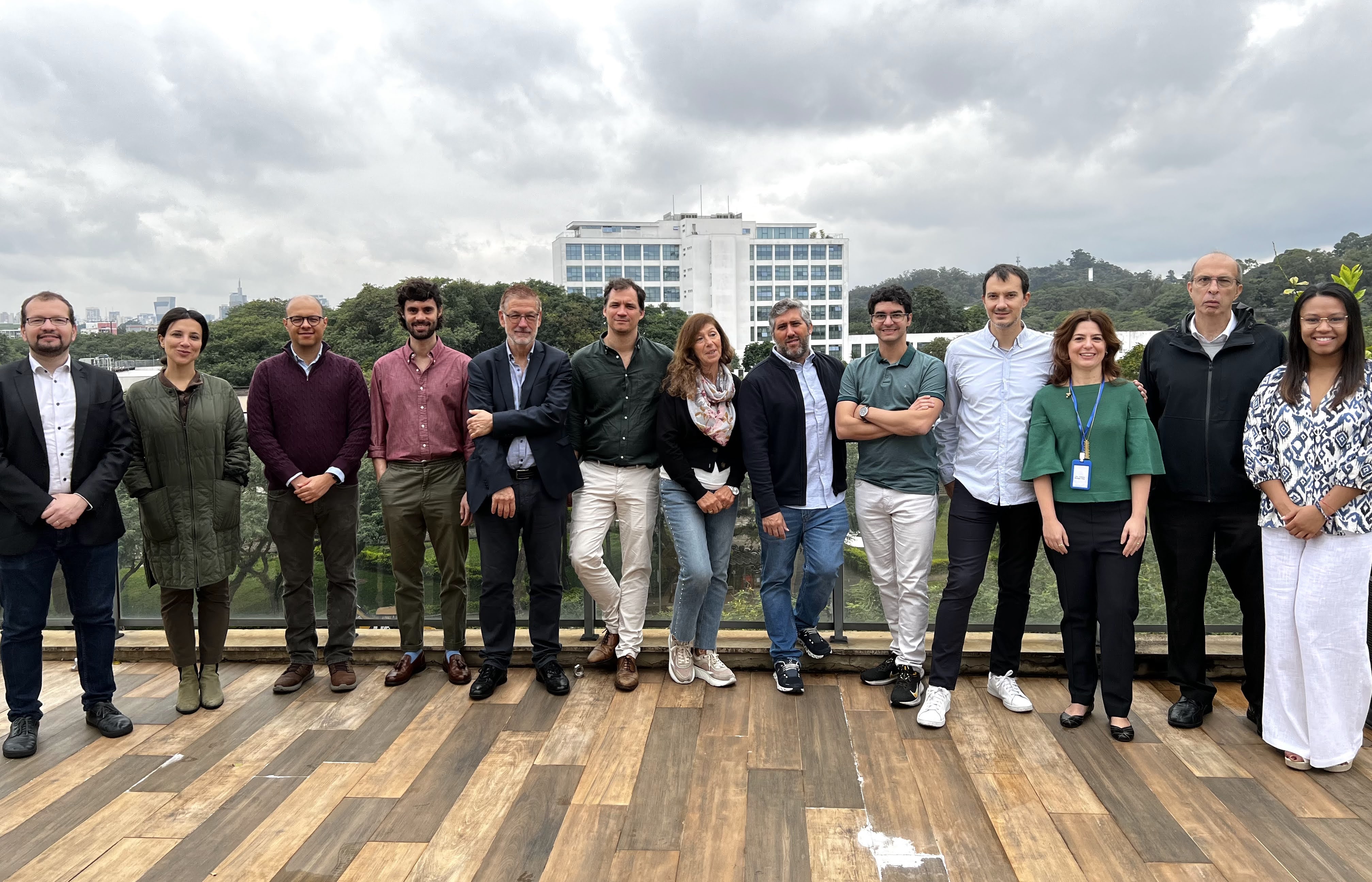
Inspired in this background, the workshop discussed the design of an empirical research project that addresses these hypothesis. The discussion centered on data availability, possible methodologies and variables that should be included in the estimation. One possibility discussed was to focus the study on Brazil, given that it is by far the largest emitter (on the production side) in the region and number 4 in the world, ahead of countries like Japan and Germany. Preliminarily, it can be said that information on campaign donations by firm, their amount, and the recipient candidate exist in Brazil. The availability of market and environmental data in Brazil needs to be explored. If adequate data could not be found, other alternatives were discussed such as a case-study methodology based on environmental disasters by large companies in the region to examine how market power and competition, or the lack thereof, might have played a role.
Another alternative discussed was the design of a legal framework for open access of technologies that are needed to reduce greenhouse gas emissions or help to abate the effects of climate change on local agriculture. Such a framework could draw from elements of similar initiatives in other development areas such as pharmaceutical patent pools.
Participants:
Ginette Lozano Maturana – Universidad Externado de Colombia
Carolina Veas – Pontificia Universidad Católica de Chile/ CMS Carey & Allende, Chile
Calixto Salomão Filho – Universidade de São Paulo, Brazil
Vitor Henrique Pinto Ido – South Centre, Geneva, Switzerland
Juan David Gutiérrez – Universidad de los Andes, Colombia
Reto M. Hilty – Max Planck Institute for Innovation and Competition, Munich, Germany
Matthias Lamping – Max Planck Institute for Innovation and Competition, Munich, Germany
Pedro Batista – Max Planck Institute for Innovation and Competition, Munich, Germany
Roxana Blasetti – Observatorio Smart IP for Latin America, Buenos Aires, Argentina
Juan Ignacio Correa – Observatorio Smart IP for Latin America, Buenos Aires, Argentina
Nicolás Hermida – Observatorio Smart IP for Latin America, Buenos Aires, Argentina
Gabriel S. Venco Teixeira da Cunha – Observatorio Smart IP for Latin America, Buenos Aires, Argentina
Manuel Guerrero Gaitán – Observatorio Smart IP for Latin America, Bogotá, Colombia
Moderador: Francisco E. Beneke Avila – Max Planck Institute for Innovation and Competition, Munich, Germany